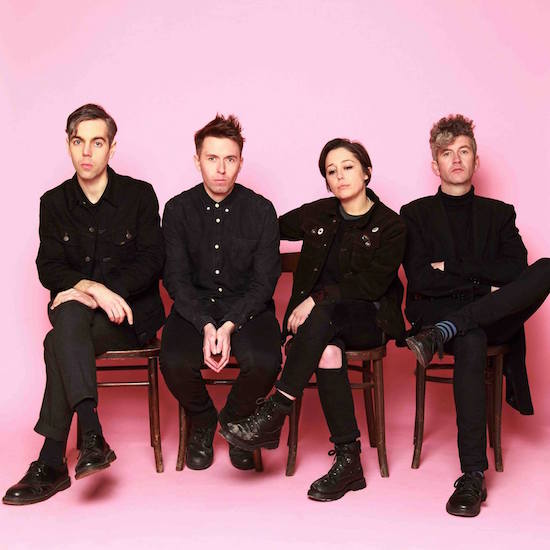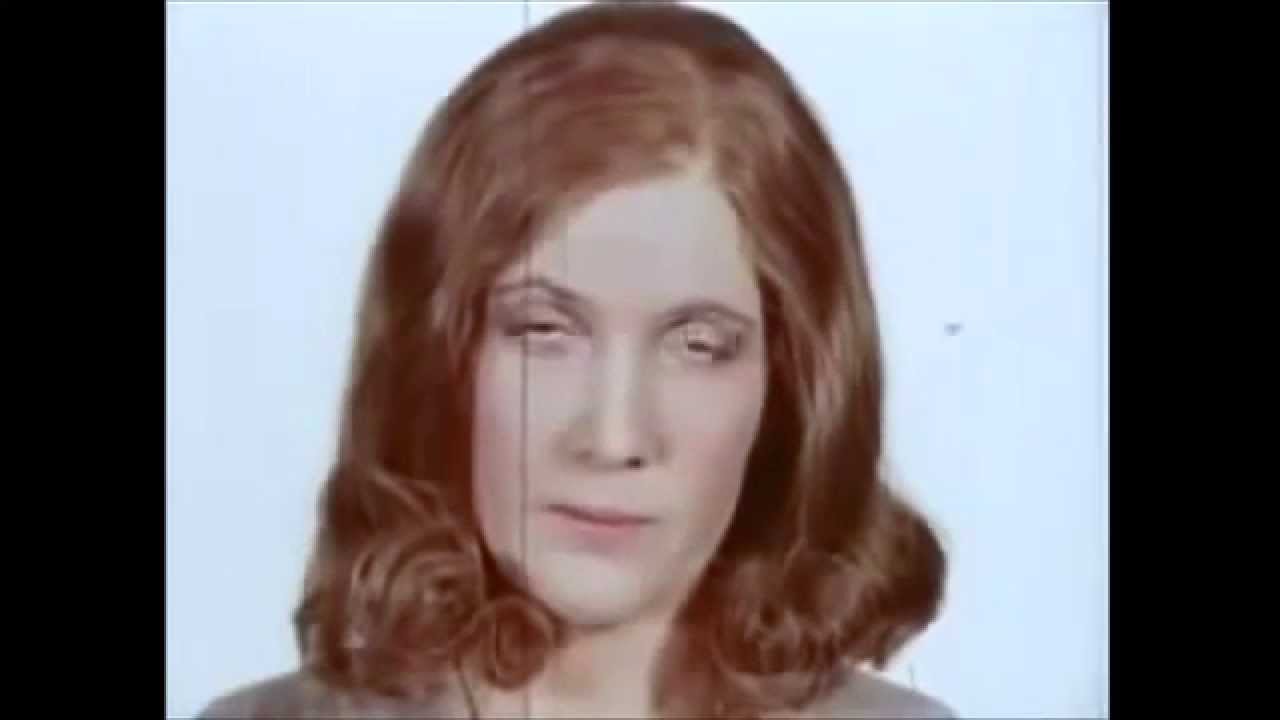In terms of musical output, Belfast punches well above its weight. Even if the UK’s seventeenth largest city had only ever produced the mighty Van Morrison and nobody else, it could still proudly claim to have added at least one Hall-of-Famer to the musical universe. However, if you also chuck in David Holmes, Gary Moore, punk pioneers The Outcasts and Stiff Little Fingers, and more contemporary artists such as LaFaro, Oppenheimer and the colossal And So I Watch You From Afar, it’s clear that Northern Ireland’s capital is highly fertile ground.
I’ve visited Belfast on a number of occasions and witnessed the creative buzz and energy first hand. I was always intrigued as to just how the city – and, indeed, Northern Ireland as a whole (a country with a population almost five times smaller than London and which would add Ash, The Undertones, The Divine Comedy, Therapy? and Snow Patrol to the list of successful acts) – manages to churn out great music with such ferocious regularity.
So, I hunted down Cathal Cully, the frontman for another band that can be added to Belfast’s roll call of notable musical exports – the apostrophe-dodging Girls Names. The Belfast quartet have released three albums since forming in 2010, with the recent Arms Around A Vision their most accomplished yet. It’s an album of high-end post-punk, rooted in Northern Irish grit and a wallop of frustration, and inspired by a dark romantic vision of further-flung European cities.
Indeed, when I speak to Cully, he tells me that Arms Around A Vision was created in a cottage in County Donegal, but looked to eastwards to the cities of Berlin and Paris and the promise of a "better way of living". That may be true, but the Girls Names’ widescreen sound (Arms Around A Vision contains sax, piano and organ to add flesh to the taut, dense guitar work) contains an urgency born out of a bleaker worldview. Maybe – as a wise man once noted – "it’s not where you’re from, it’s where you’re at".
Where in Northern Ireland are you originally from?
Cathal Cully: I am from a place on the northern side of the border, from a village just outside a town called Newry. I was born in the mid-’80s and while that was at the tail end of the Troubles, the history was always there. The area where I was from was still heavily militarised, because it was at the border. Therefore, while I had a normal upbringing, it wasn’t normal to anyone not used to that.
What aspects of your childhood might not have been deemed ‘normal’?
CC: Well, I grew up in an area called South Armagh, which is synonymous with being an IRA stronghold. There was a village called Bessbrook that was about a mile away and it had a massive British army base. You had to go through checkpoints to get in and out of Bessbrook. The British Army couldn’t travel on the road in army vehicles, so there’d be helicopters back and forth, constantly, all day long, because there were lookout towers in the surrounding hills. So, that was somewhat strange in a way, but when you are growing up you don’t know any different. However, because I was brought up in the countryside, I wasn’t exposed to any major confrontation – the worst of it happened in Derry and Belfast.
Growing up, was there an aspect of segregation that shaped your interactions?
CC: Yes, it was like that when I was a kid, but things are changing. Where I am from there is now a massive Polish community – which is great. However, there is still segregation in terms of Irish Protestants and Catholics – which is bullshit – and that is a lot to do with the education system in Northern Ireland. There are segregated schools – and that’s always the way it was – and until they sort that out, then there will always be issues.
Maybe I’ve watched the Terri Hooley film Good Vibrations too many times, but is there a sense that music can cross the religious divide?
CC: That’s not even in the remit anymore, I don’t think. Religion is a part of the history here and still shapes the social strata, but for me, or any of my friends who make music, religion is not even a question. I think people are wise to it being all nonsense and it doesn’t even come into our thinking.
So my question is about 40 years out of date?
CC: Well, it was more relevant during punk and the Troubles. Now, there are a couple of generations of musicians that have grown up totally post the Troubles, and know nothing of them, so religion is definitely not part of their motivation.
When and why did you move to Belfast?
CC: I was 18 when I moved to Belfast to go to university. To me, going to Belfast was like moving to the big city. That was 12 years ago and now I consider it merely a big town. Back then, it was about getting away and hitting the Big Smoke. I was a really young 18 and very naïve.
What were your initial impressions of the city?
CC: When I first moved to Belfast, I wasn’t totally enamoured to be honest. It was a place to go to university and, at that time, a means to an end to get away. It wasn’t until I left university and I realised I was never going to go home. I found myself stuck in Belfast. It was either stay or go home, and the latter was not in the equation. It wasn’t until I started going to the more interesting parts of town and getting involved in the music and art scene, that I felt more part of Belfast. It started to feel like home.
Belfast seems to have a thriving arts scene and has done for many years. Why do you think that is?
CC: I think because Northern Ireland is such a rural society and Belfast is the big city – with two large universities and an art school – in the middle of all that, it becomes a magnet for anyone who is interested in any other way of living. It is the place to go to and because it is a compact city, it is easy to find people that have similar interests, as there aren’t a whole lot of places they could be. That means friendships can be formed quite easily.
What influence has the city had on Girls Names’ music?
CC: It’s a tough question. I think there has to be [an influence], but what exactly it is, I cannot pinpoint. I do think that the frustrations I feel from living somewhere like here – and not always being happy – definitely play into the music. There is a sense of bleakness sometimes that you can feel in a city like Belfast. There can be long, cold, dark winters, which can play on your conscience.
Are some of the frustrations you feel down to the economic environment you find yourself in as a Northern Irish artist?
CC: Yes, there are definitely frustrations. The financial burden of trying to be any kind of artist is stressful. Especially when you are trying to live some sort of normal life. It can have effects on your personal life and relationships. Therefore, frustrations do bubble away. It’s okay if you’re 20, but now that I am getting a little bit older, there is a worry from month-to-month about what might come next. You are doing more than full-time hours of work but you are not getting that back. I find that aspect very frustrating.
Can that spiral into the construct of the ‘tortured artist’, in which unhappiness and frustration are required to fuel the creative process – even if that’s not a healthy way to exist?
CC: Yes, for example, the last record was recorded about a year ago and it wasn’t a very pleasant time on a personal level. However, I think I am pragmatic enough to know that the model for creating shouldn’t be having something terrible happen and using all the negative energy to make music. It’s about being positive and proud of a record you’ve created.
Continuing the geographical narrative, you’ve spoken about looking towards Europe as inspiration for Arms Around A Vision. Why couldn’t you find that inspiration in Northern Ireland?
CC: It’s not that we cannot find it in Northern Ireland; it’s about having a different outlook by finding inspiration elsewhere. I am very proud of the fact we are in the EU and part of Europe. It is romanticism, but when we go to continental Europe – maybe Berlin or Paris – it does have a feeling of a better way of living. There is less stress; we seem to be more uptight over here. Don’t get me wrong, I am not complaining – and we are far from having a bad quality of life – but I always feel there is some other way.
So, is Arms Around A Vision your ‘Berlin’ or ‘Paris’ record, or closer to home – maybe your ‘Blackpool’ record?
CC: It probably sounds more Blackpool than Berlin! We’ve played in Berlin a few times now and we actually have played Paris more times than Belfast in the last year. I am almost drawn in a spiritual way – I don’t know if that’s the right word – to Berlin, even if I don’t know the city as well as I would like. It comes from the fact that many of records I love were made in Berlin.
Finally, where musically – not geographically – might Girls Names go next?
CC: We haven’t really figured that out yet, which is great. The last one happened organically after we went away for a week to a cottage in Donegal to see what would happen. We might try to do something similar but go further afield. What I would say is that I am excited by what we could do and there may be a few instruments that you don’t necessarily expect from us.
Arms Around A Vision is out now on Tough Love. Girls Names begin a European tour on January 29 at Belfast’s Out To Lunch festival; for full details and tickets, head here




